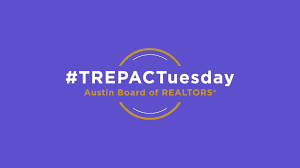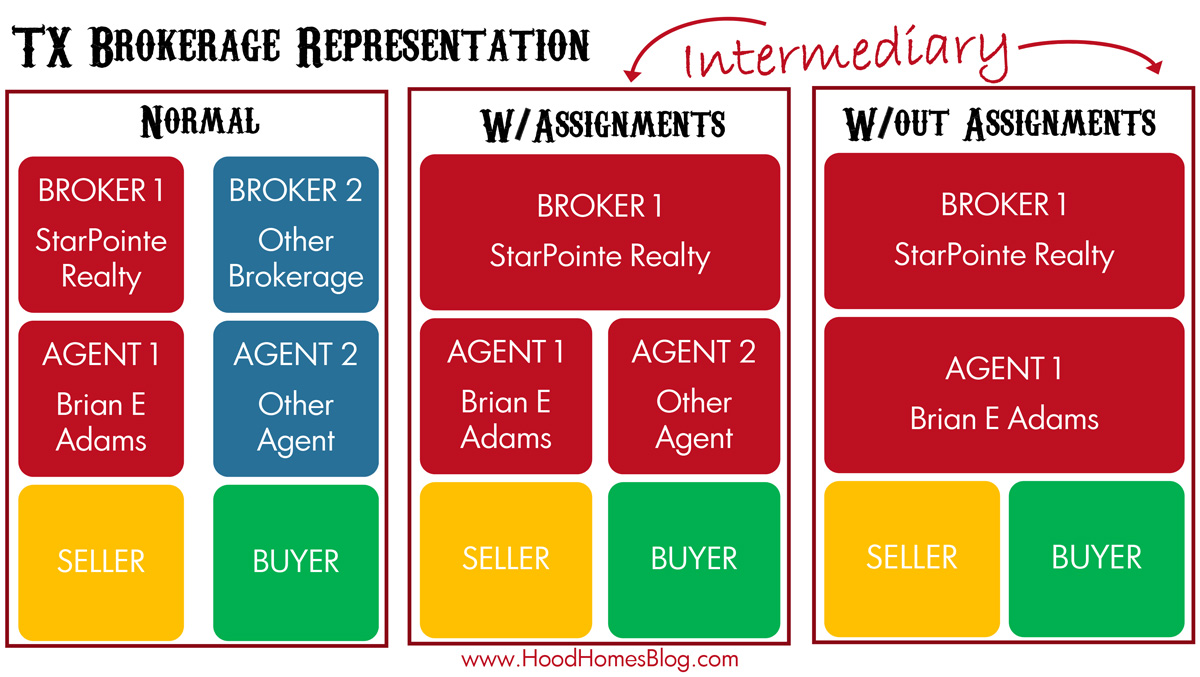
People who are looking to make extra income have a choice of becoming landlords. It can be a very profitable way to make money, but it also requires a lot of work and time.
Is it worth becoming a landlord?
A landlord is a person who owns a property and can make a profit. It can be a great way to make extra income or fund your retirement. It is important you realize that being a landlord can be time-consuming and hard work.
Do I have to be a landlord?
Being a landlord is a great job for many people. They are able to help others and provide their tenants with a safe place to live.
It's also an excellent opportunity to learn a skill. Being a landlord is an excellent choice for someone who loves managing crises and fixing up things.

How do I become a landlord
The first step to becoming a landlord is to purchase an investment property. Although there are many ways you can go about this, most landlords get their investment properties through a mortgage.
You may also use your personal funds to buy a home. This is a great way to get started. However, you must make sure you have enough money to pay the downpayment and the closing costs.
How to become a landlord
Once you have purchased your property, the next step is to find suitable tenants and set up the lease agreement. You will need to make sure that the lease complies with the local laws and that you have the necessary insurance for your property.
If you're having difficulty finding suitable tenants you can always hire an property manager. They will assist you in the screening process as well as make sure all of your legal obligations are met.
How to manage a property as a landlord
Your property will be your first investment. It is essential to keep the place clean and maintain all appliances.

You should also ensure that all repairs are covered. You will need to budget for regular maintenance as well as long-term repairs like new roofs and siding.
What salary can a landlord earn?
A rental property must be in a desirable place to make a profit. You'll need to ensure the property is ready for rental and that tenants pay their rent on time.
Additionally, you need to make sure you can keep your expenses low. This is especially important for those who plan on owning multiple properties. Annual maintenance should not exceed 1% of the property’s value.
FAQ
Should I use a mortgage broker?
A mortgage broker is a good choice if you're looking for a low rate. Brokers are able to work with multiple lenders and help you negotiate the best rate. Brokers may receive commissions from lenders. Before you sign up for a broker, make sure to check all fees.
How much will it cost to replace windows
Window replacement costs range from $1,500 to $3,000 per window. The cost to replace all your windows depends on their size, style and brand.
How many times can my mortgage be refinanced?
This is dependent on whether the mortgage broker or another lender you use to refinance. In both cases, you can usually refinance every five years.
Can I afford a downpayment to buy a house?
Yes! Yes. There are programs that will allow those with small cash reserves to purchase a home. These programs include FHA loans, VA loans. USDA loans and conventional mortgages. You can find more information on our website.
Statistics
- 10 years ago, homeownership was nearly 70%. (fortunebuilders.com)
- This means that all of your housing-related expenses each month do not exceed 43% of your monthly income. (fortunebuilders.com)
- Private mortgage insurance may be required for conventional loans when the borrower puts less than 20% down.4 FHA loans are mortgage loans issued by private lenders and backed by the federal government. (investopedia.com)
- Some experts hypothesize that rates will hit five percent by the second half of 2018, but there has been no official confirmation one way or the other. (fortunebuilders.com)
- It's possible to get approved for an FHA loan with a credit score as low as 580 and a down payment of 3.5% or a credit score as low as 500 and a 10% down payment.5 Specialty mortgage loans are loans that don't fit into the conventional or FHA loan categories. (investopedia.com)
External Links
How To
How to Manage a Rental Property
You can rent out your home to make extra cash, but you need to be careful. This article will help you decide whether you want to rent your house and provide tips for managing a rental property.
Here are some things you should know if you're thinking of renting your house.
-
What are the first things I should consider? Take a look at your financial situation before you decide whether you want to rent your house. If you have any debts such as credit card or mortgage bills, you might not be able pay for someone to live in the home while you are away. Check your budget. If your monthly expenses are not covered by your rent, utilities and insurance, it is a sign that you need to reevaluate your finances. ), it might not be worth it.
-
How much does it cost for me to rent my house? There are many factors that influence the price you might charge for renting out your home. These factors include your location, the size of your home, its condition, and the season. Remember that prices can vary depending on where your live so you shouldn't expect to receive the same rate anywhere. Rightmove reports that the average monthly market price to rent a one-bedroom flat is around PS1,400. This means that you could earn about PS2,800 annually if you rent your entire home. That's not bad, but if you only wanted to let part of your home, you could probably earn significantly less.
-
Is this worth it? There are always risks when you do something new. However, it can bring in additional income. Before you sign anything, though, make sure you understand exactly what you're getting yourself into. You will need to pay maintenance costs, make repairs, and maintain the home. Renting your house is not just about spending more time with your family. Before signing up, be sure to carefully consider these factors.
-
Are there any advantages? Now that you have an idea of the cost to rent your home, and are confident it is worth it, it is time to consider the benefits. Renting out your home can be used for many reasons. You could pay off your debts, save money for the future, take a vacation, or just enjoy a break from everyday life. You will likely find it more enjoyable than working every day. If you plan well, renting could become a full-time occupation.
-
How do I find tenants? After you have decided to rent your property, you will need to properly advertise it. Start by listing online using websites like Zoopla and Rightmove. Once potential tenants reach out to you, schedule an interview. This will allow you to assess their suitability, and make sure they are financially sound enough to move into your house.
-
How can I make sure that I'm protected? If you are worried about your home being empty, it is important to make sure you have adequate protection against fire, theft, and damage. In order to protect your home, you will need to either insure it through your landlord or directly with an insured. Your landlord will usually require you to add them as additional insured, which means they'll cover damages caused to your property when you're present. If you are not registered with UK insurers or if your landlord lives abroad, however, this does not apply. In such cases, you will need to register for an international insurance company.
-
Sometimes it can feel as though you don’t have the money to spend all day looking at tenants, especially if there are no other jobs. You must put your best foot forward when advertising property. Make sure you have a professional looking website. Also, make sure to post your ads online. Also, you will need to complete an application form and provide references. Some people prefer to do everything themselves while others hire agents who will take care of all the details. In either case, be prepared to answer any questions that may arise during interviews.
-
What do I do when I find my tenant. If you have a current lease in place you'll need inform your tenant about changes, such moving dates. If this is not possible, you may negotiate the length of your stay, deposit, as well as other details. While you might get paid when the tenancy is over, utilities are still a cost that must be paid.
-
How do I collect the rent? When it comes to collecting the rent, you will need to confirm that the tenant has made their payments. If your tenant has not paid, you will need to remind them. You can deduct any outstanding payments from future rents before sending them a final bill. If you are having difficulty finding your tenant, you can always contact the police. If there is a breach of contract they won't usually evict the tenant, but they can issue an arrest warrant.
-
How do I avoid problems? It can be very lucrative to rent out your home, but it is important to protect yourself. You should install smoke alarms and carbon Monoxide detectors. Security cameras are also a good idea. You should also check that your neighbors' permissions allow you to leave your property unlocked at night and that you have adequate insurance. You should never allow strangers into your home, no matter how they claim to be moving in.